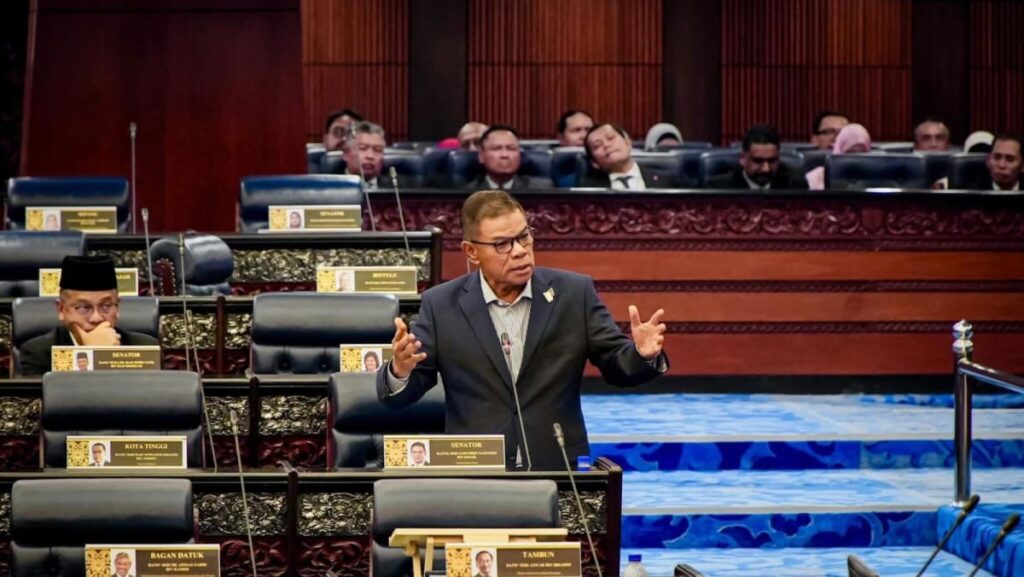Saifuddin was responding to a parliamentary question by Member of Parliament for Jerai Sabri Azit who had asked about the government’s efforts to address the growing issue of sexual misconduct as well as “swinger crimes” which involved public servants and university students.
Sabri had also questioned whether existing laws are sufficient to combat online sexual exploitation.
Local media The Star had reported last year on an alleged swingers syndicate in the country that had organised group sex for its 147,000 subscribers. The syndicate, which operated online, offered subscribers a chance to swap partners as well as take part in group sex in condominiums around the Klang Valley area.
Saifuddin said that swinger activities are tackled under the federal police’s Anti-Vice, Gambling and Secret Societies Division while the case involving the schoolchildren falls under the Women and Child Investigation Division.
“When we act against minors, SUHAKAM will remind us that children cannot be tried in open court,” Saifuddin told Parliament, referring to the Human Rights Commission of Malaysia.
“This also raises the question of what happens to their future? That is why we need input from other agencies.”
Section 15 of the Child Act 2001 in Malaysia restricts the reporting of child-related legal proceedings, specifically prohibiting the publication of identifying information about children involved in such cases.
Separately, a legal expert told CNA that while it is against the law for a child to take, have or distribute sexual photos of themselves to others, it is crucial that investigations factor in other aggravating factors that led to such behaviours, including elements of exploitation or threats.
“At times, it is not in the best interest of the child to criminalise them for sharing sexual images of themselves despite attaining the age of criminal responsibility … parental supervision and rehabilitative counselling could be ideal choices,” former president of the Malaysian Bar Salim Bashir told CNA.
He noted that it is a crime to post offensive contents on social media platforms under Section 211 of the Communications and Multimedia Act 1998.
Under Section 292(A) of the Penal Code, one can be jailed for up to three years for selling, hiring, distributing, or circulating any obscene materials.
Salim added that one can also be charged in Malaysia under Section 6, 11 and 12 of the Sexual Offences against Children Act 2017 for grooming, exchanging and reproducing pornographic materials or even sexually communicating with a child.
Read the full article here
